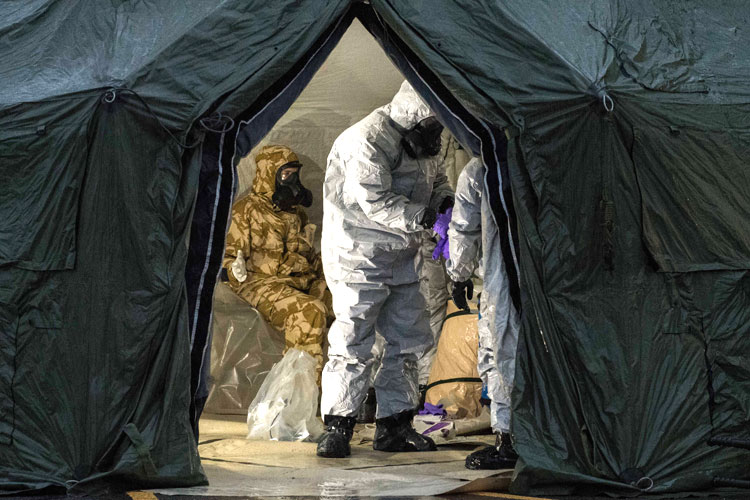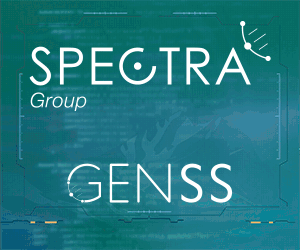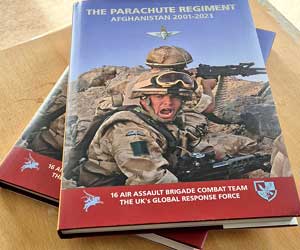Sergei Skripal a former Russian Intelligence Officer of the GRU (Russian military intelligence) who was also a Covert Human Intelligence Source (CHIS) for Britain’s MI6 was poisoned in Salisbury, as was his daughter, with the nerve agent Novichok on March 4th; this was the first recorded use of a nerve agent in Europe since WWII.
Both victims are still in critical condition, writes JF Security Consultant Robert Shaw, and the attack has started a diplomatic row between the UK and Russia. A detective responding to the breaking emergency, Nick Bailey, was also exposed and is seriously ill. The incident has led to Counter Terrorist Police now investigating 14 other deaths of Russians in the UK over the last two decades in case previous deaths have been state sponsored murder. But why would Russia poison a former intelligence officer years after he had escaped to the West and how serious is the row?

Op MORLOP – Military personnel remove a potentially contaminated Police vehicle from the A&E Dept at Salisbury Hospital [Crown Copyright: Cpl Pete Brown]
The spy’s sentence was cut short when he was exchanged with Russian intelligence officers that were arrested by the FBI in America, one of which was the famous ‘Anna Chapman’. Like all UK agents that have been compromised and are extracted Sergei and his family were then relocated to the UK, debriefed and given UK citizenship.

Op MORLOP – Specialist RAF Regiment personnel dress in protective equipment in preparation for operations in a hazardous area [Crown Copyright: Martin Jones]
This latest attack, years after Sergei had been exchanged, will send a message to Russian intelligence officers that might become potential CHIS for the West that even if you aren’t executed shortly after being compromised and caught at some point of Russia’s choosing it can, and will, reach out wherever you are and kill you. This might make it harder for Western Intelligence agencies to recruit Russian CHIS in the future if they feel they cannot be protected even in UK years after being extracted, granted citizenship and given a new identity.

Op MORLOP – Personnel from Falcon Squadron RTR, supported by REME personnel, prepare a potentially contaminated vehicle for removal [Crown Copyright: Martin Jones]
Prime Minister Theresa May has expelled 23 Russian diplomats from the UK, will boycott the forthcoming World Cup and will disrupt Russian money laundering in the UK but will not carry out a cyber attack on Russia as our critical national infrastructure is extremely vulnerable to any retaliatory attack. The Russians can also influence European governments over their response through being their supplier of gas. The UK has o’t the capability for any military response and NATO will not start a conventional war with Russia over a former Russian spy, so it is more likely that in time the matter will become old news and President Putin’s popularity will rise in Russia following the elections as he appears as a strong leader willing to strike Russian traitors.
¤ Robert Shaw of Longbow Solutions is a former British Army ATO and IEDD/WIS Operator who is now a security and intelligence trainer and consultant.




















